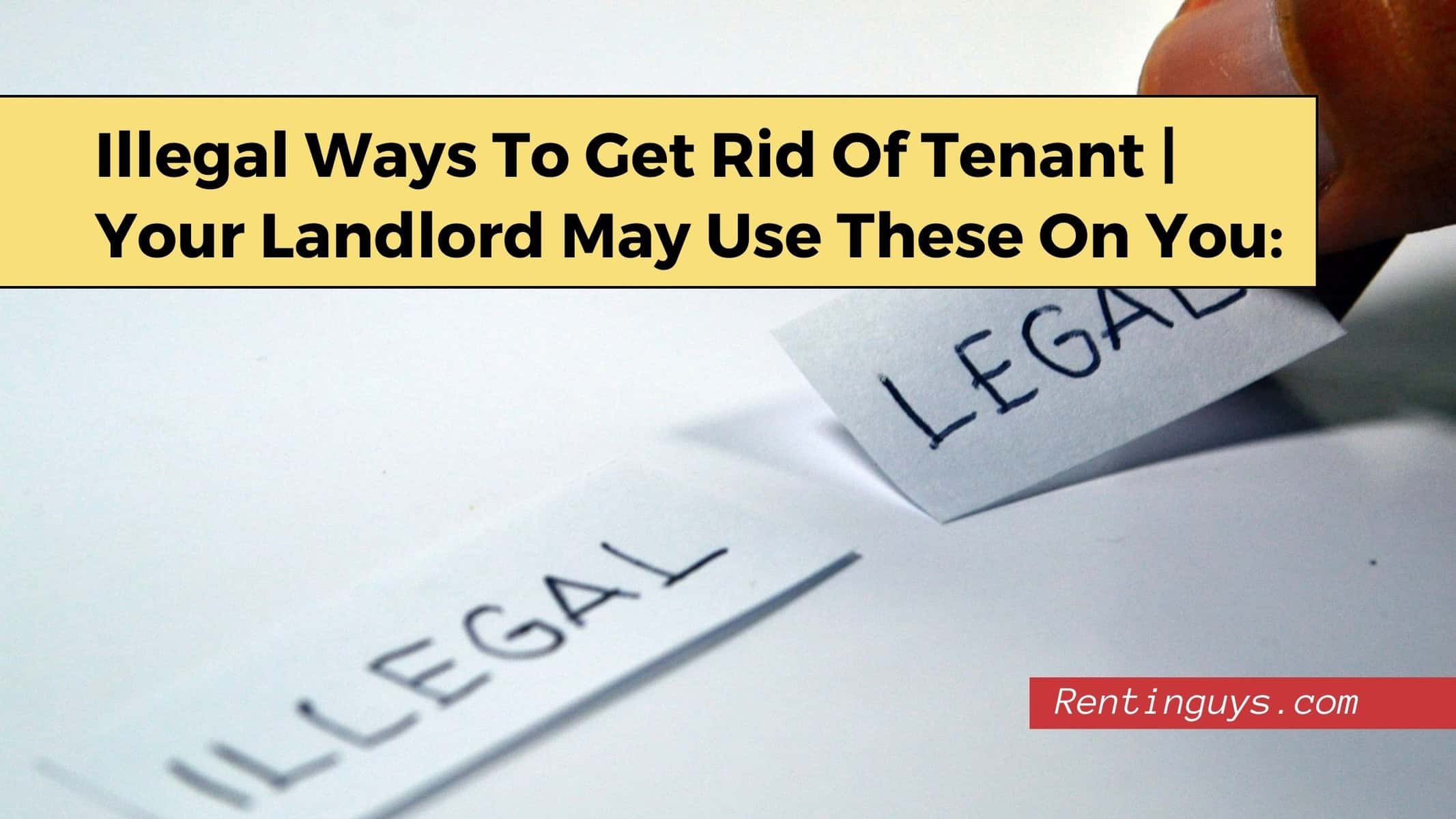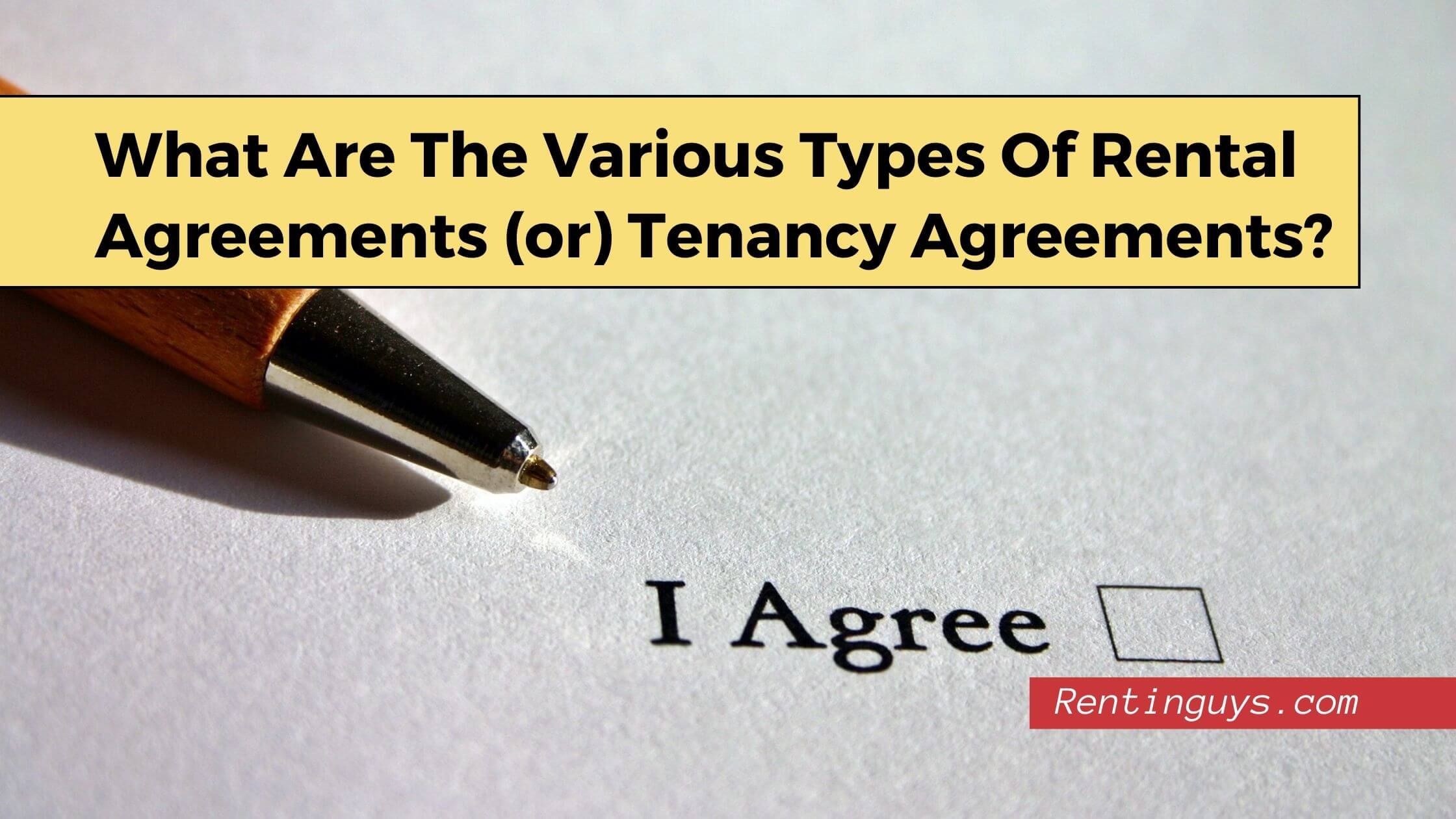Rental or tenancy bond is the most often heard word when speaking about renting a house or an apartment or a commercial property.
However, a majority of the tenants are not clear about why landlords demand tenancy bonds from them and how the landlord uses the rental bond.
Here is a brief description of the rental bond, how it works, and the landlord’s responsibilities to safeguard the tenancy bond.
What is a rental bond or tenancy bond?
A rental bond or tenancy bond is also known as a security deposit in the USA. It is the sum collected by the landlord or the property management agency from a tenant.
The rental bond is generally included in the advance rent and is collected at the beginning of the tenancy agreement.
Landlords collect security deposits to safeguard their investment property and cover any untoward expenses incurred by the landlord due to the tenant damaging the property or shirking his maintenance responsibilities.
For example, a security deposit is used to repair the damages discovered after the tenants move out. The landlord can also use the security deposit to cover the skipped rent payments.
The rental bond is usually returned back to the tenant at the time of moving out.
It is possible for tenants to get back 100% of their deposit if they take good care of the property, pay all the rent on time, and honor all the clauses of the rental agreement.
How is the amount of the rental bond determined?
The amount of the rental bond is specified in the rental agreement. There is no specific method to calculate the amount of the rental bond.
Some factors that determine the amount of security deposit are the
- Location of the house – If the property is located in a locale with high demand for rental properties, the landlord may charge a high-security deposit as there is no dearth of prospective tenants.
- The type of property – The security deposit for a small apartment unit is lower than that of a condo or a standalone home. The bigger the house and the more expensive the amenities and furniture, the higher the security deposit.
- The credit score of the prospective tenant – Landlords collect rental bonds to protect their investment and property. The bond amount for a tenant with a low credit score will be higher than the amount collected from a tenant with a perfect score.
- State and local laws – While some states such as Texas and Florida do not have any limit on the amount of security deposit, others like Connecticut limit the rental bond to two months’ rent.
- Amount collected by other landlords of similar properties – Landlords are in the business of renting properties to make a profit. They have to check what their competitors charge before fixing the amount of rental bond for their own house. If the amount is higher than the competitors, the landlords risk losing good tenants.
When can landlords use the tenancy or rental bond?
Landlords have to return the security deposit to the tenants when the lease ends and the tenants move out of the property.
The landlord cannot deduct the amount from the tenancy bond according to his wish, only certain expenses are allowed to be deducted.
The items allowed for deductions are different from state to state.
However, some of the common reasons to deduct the amount from the security deposit are
- Pending utility bills
- Outstanding rent
- Cleaning expenses when the tenant fails to clean the property after moving out
- Expenses incurred on repairing damaged appliances, furniture, etc. when the tenants damage them wilfully or through neglect
- Cost of replacing locks and other security devices which were removed or altered by the tenant without the landlord’s consent
- Cost of lost furniture, appliances, or other goods
The landlord has to provide a clear itemized bill for the deductions he has made from the security deposit.
For example, if your landlord deducts $500 for cleaning charges, he should give a detailed statement of how the amount was calculated and return the remaining amount within a reasonable time.
Most tenants cannot afford to pay cash for a security deposit, advance rent, and rent. In such a scenario, they can opt for surety bonds.
Surety bonds are less costly in comparison to security deposits as the tenants need not pay the entire amount in cash.
What is a surety bond?
A surety bond is different from a security deposit as it has 3 parties –
- The principal – the tenant
- The obligee – The landlord or the property manager
- The surety – The insurance company which provides the surety
The company issuing the surety acts as a guarantor on behalf of the tenant.
If the tenant damages the property or does not pay outstanding rent, the guarantor agrees to cover the costs or clear the dues up to a specified limit.
Surety bond Vs Security deposit
Though security deposit and serenity bond serve the same purpose of protecting the interests of the landlord in the event of damage caused by the tenant, there are some minor differences between them.
| Security deposit | Surety bond |
| Only 2 parties – the landlord and the tenant | 3 parties – the landlord, tenant, and the guarantor |
| The amount is paid entirely in cash | The insurance company issues a bond for the amount specified by the landlord |
| Burdensome to the tenant | Less costly because of low upfront payment |
Benefits of choosing surety bond
Surety bonds are easier on the pocket and it is easier to get back the entire amount of the surety bonds as long as you clear all your dues and maintain the property well.
Even if the landlord claims damages, you can counter the claim and get back the entire amount if it is valid.
Related FAQ:
1. Is a rental bond compulsory?
It is not mandatory to collect rental bonds. However, most landlords collect tenancy bonds to secure their property and ensure that the tenant is disciplined.
2. Can the landlord increase the bond amount at the time of renewal or when the rent is increased?
The landlord can collect additional amounts towards the tenancy bond during the time of renewal or when the rent is increased during the lease term.
3. Should the landlord pay interest on the amount collected as a tenancy bond?
The landlord has to keep the entire security deposit in a bank and notify the name and address of the bank to the tenant.
He has to pay interest earned on the amount to the tenant. The landlord is allowed to deduct 1% of the interest towards administrative charges but the remaining interest amount should be returned to the tenant.
The interest can be paid at the end of every year, deducted from the rent, or can be held in the trust till the end of the tenancy and returned together with the security deposit.
4. When should the landlord return the tenancy bond?
The amount should be returned within a reasonable time. The reasonable time differs from state to state and varies between 14 days to 60 days.
In the case of a non-rent regulated property, the landlord must return the security deposit within 14 days of vacating the property.
If the landlord deducts any amount towards repairs, maintenance, etc. he has to provide an itemized statement indicating the various heads for which the deposit is retained.
5. Is a surety bond better than a security deposit?
The surety bond is a better option for tenants as it is less expensive and easy to retrieve.
Paying huge amounts of the security deposit can be a financial burden as it adds up to the move-in costs. Choosing the surety deposit helps you to lower the expenses.






